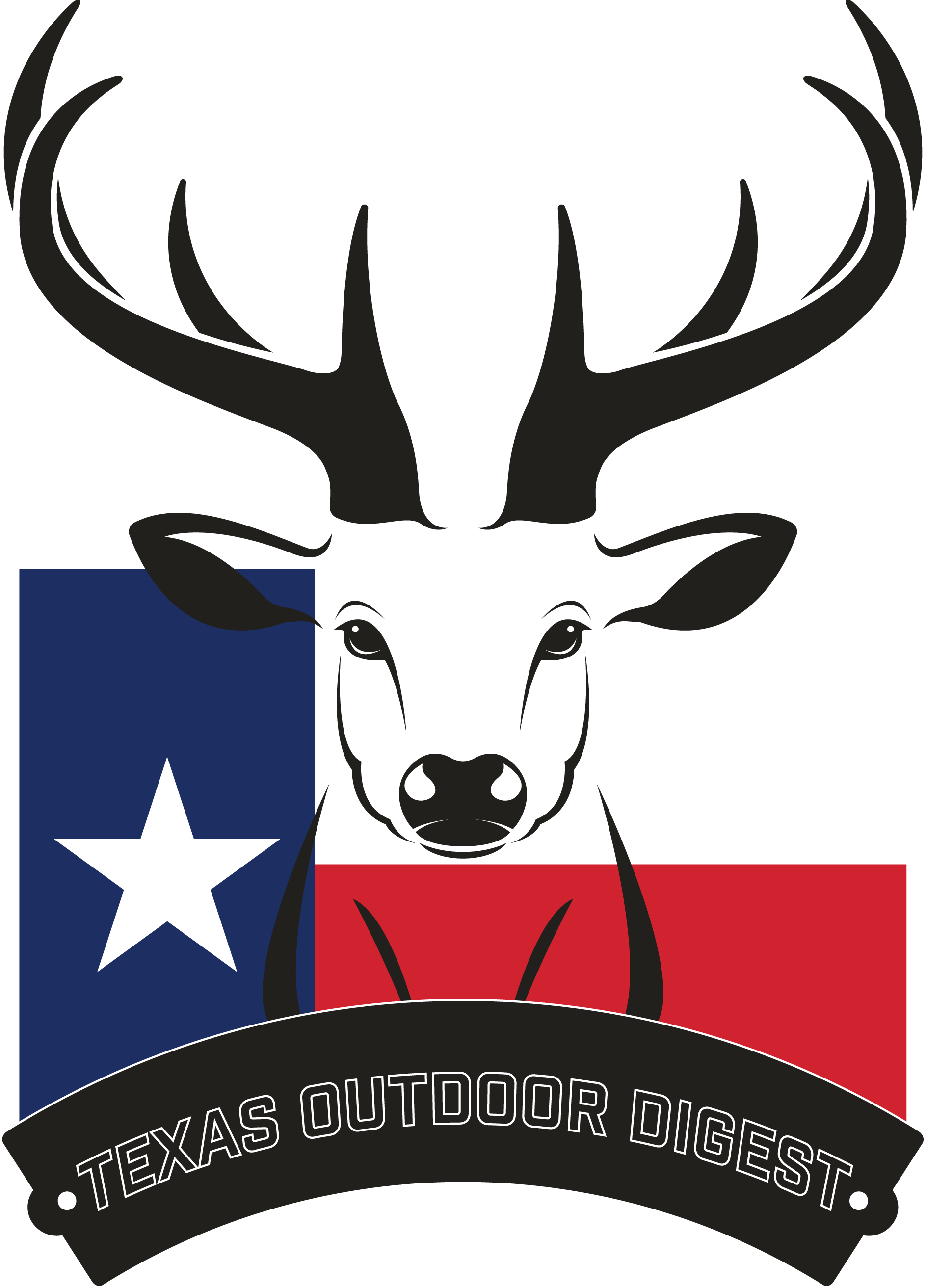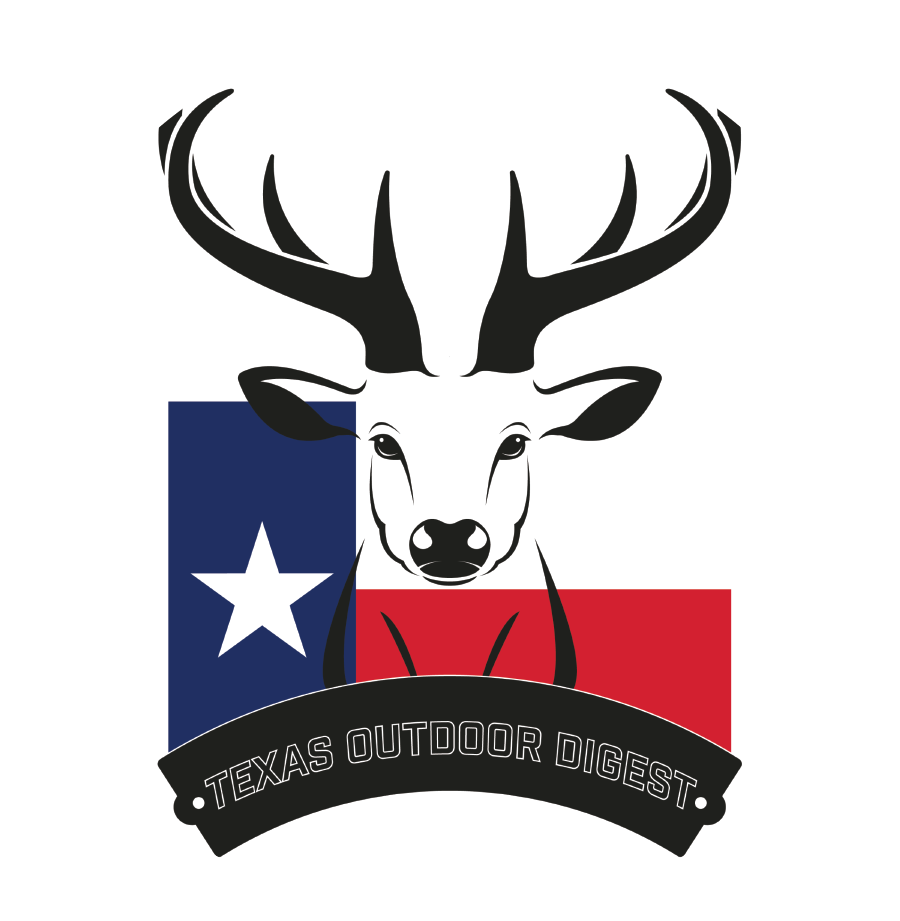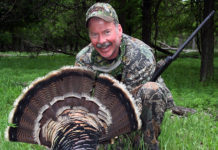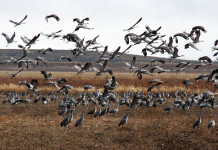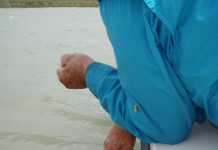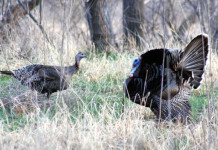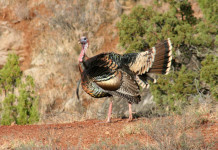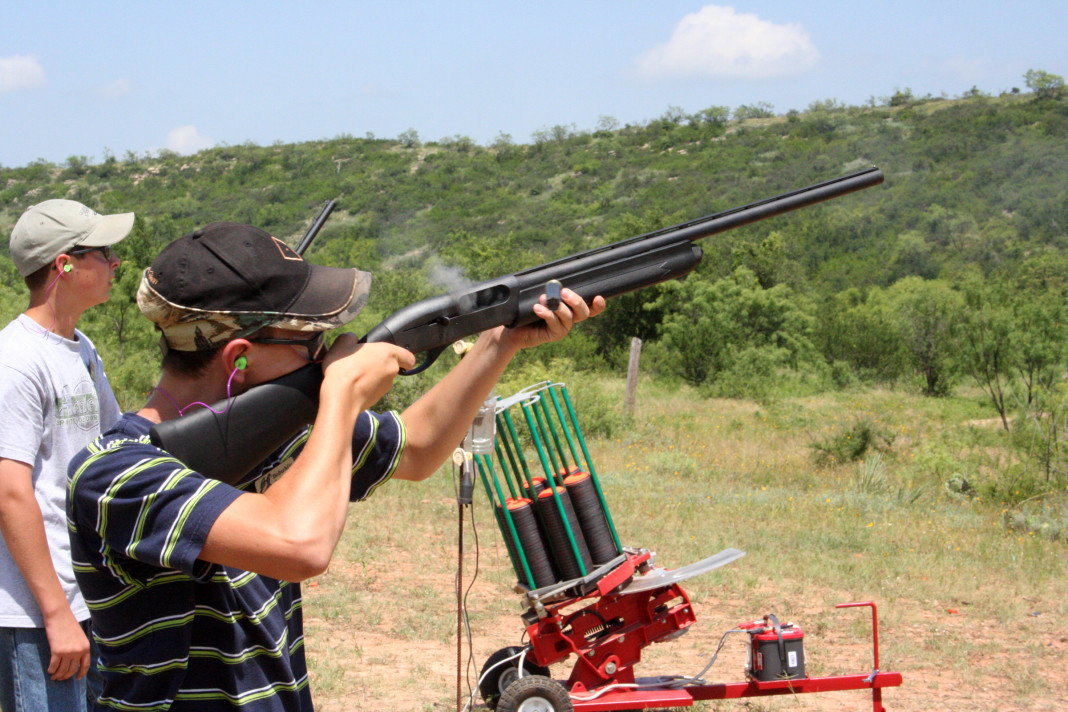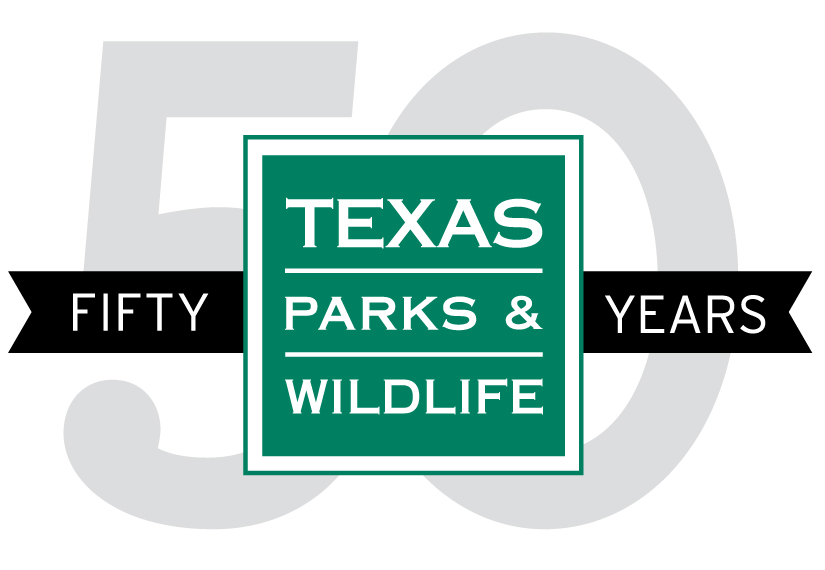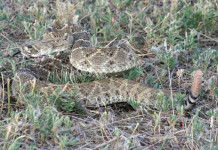Hunter education courses in Texas don’t just save lives.
They help improve them, too.
Passing on the safe pursuit of shooting sports and hunting to a new generation has never been more important, and thanks to thousands of volunteers across the state, it has become easier than ever.
The courses, taught by game wardens, professional educators and volunteers from other walks of life, delve into a variety of subjects that ultimately focus on safety by hunters and shooters in the field and at the range. Hunter education not only provides instruction in Texas hunting regulations, wildlife management and identification, it also immerses students in conservation, ethics and responsibility in outdoor pursuits.
The biggest benefit to getting certified? You do it once and it lasts a lifetime.
And the numbers don’t lie: Hunter education programs are invaluable in reducing accidents, especially fatal ones in the long-term.
There were 1,165,248 hunting licenses sold in the state during 2011, the highest figure in more than 20 years, according to the most recent Texas Parks and Wildlife Department data. However, the number of hunting accidents (23), fatalities (two) and accident rate (two per 100,000) that year fell to the lowest levels since hunting accidents and deaths attributed to them began being tracked in 1966. The accident and fatality figures dipped from 25 and four, respectively, from 2010.
A check of TPWD records shows that from 1966 to 1987 there were 425 fatal hunting accidents and 1,724 in all. From 1988, the year hunter education became mandatory, to 2011, there were 130 fatal accidents.
More than 33,000 students on average have been certified each year in hunter education programs in the past decade, which also is a high mark for any 10-year period in the past four decades in Texas. The 2011 data shows that more than 3,000 volunteers trained more than 43,000 hunters across the state, and there have been more than 935,000 hunters certified since the program’s inception. That figure should surpass a million soon.
Texas hunter education requirements
Anyone born on or after Sept. 2, 1971, is required to pass a hunter education course to hunt in Texas, and when the course is completed, the certification card is good for life and is honored by all states, Mexico, and all Canadian provinces that require hunter education.
The minimum age a hunter may be certified in Texas is 9, which coincides with the need for youths to be certified to participate in the Texas Youth Hunting Program. However, it remains the responsibility of a parent or guardian to provide sound supervision and to know whether or not their child is mature enough to handle firearms in and out of hunting situations. Hunters who are at least 17 and who have not completed a hunter education course can obtain a one-time, one-year deferral for $10.
Hunter education options include taking a traditional two-day classroom course, two free online courses, including courses in Spanish, or three optional fee-associated online courses.
Hunter education quick facts
■ You must carry proof of hunter education certification or deferral on your person while hunting. A certification number shows up on your hunting license with your personal information. Failure to carry proof of certification or deferral while hunting is a Class C Parks and Wildlife code misdemeanor, punishable by a fine of $25 to $500.
■ The course includes hunting rules and regulations, ethics and responsibilities, wildlife conservation, modern and primitive sporting arms, proper firearm handling and storage, outdoor survival and first aid, and field and live-firing exercises.
■ The minimum passing score on the final exam is 70 percent for the traditional course and 80 percent for home study. If you get a higher score but are determined to lack safe skills in firing or field exercises, or as a result of classroom disruptions or incomplete attendance, you can fail the course.
■ Texas hunters who fall in the required age classes must complete hunter education regardless of the type of sporting arm used or species hunted.
■ Texas recognizes hunter education certificates from other states, but hunters must carry a proof of that certification on their person while hunting.
Click here for more information on Texas’ hunter education program.
